
Germany To Be Nuclear-Free by 2022
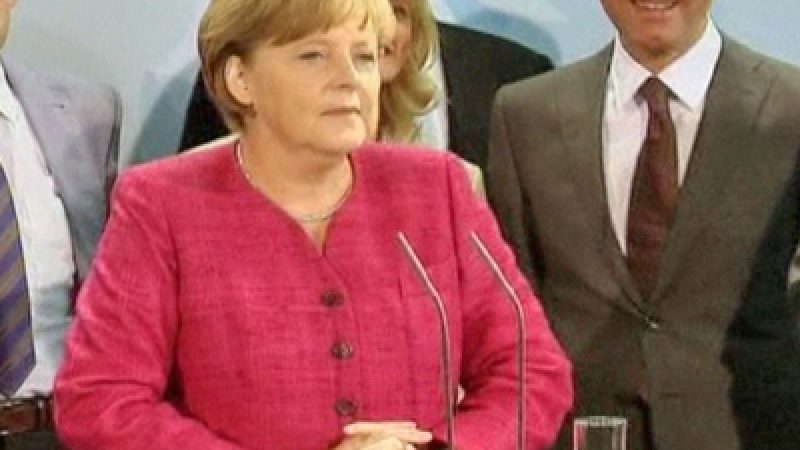
Time’s running out for the Biblis nuclear power plant in Germany.
It and the country’s other 16 nuclear reactors will be closed by 2022.
The Fukushima disaster in Japan led Chancellor Angela Merkel’s coalition government to do a rapid policy U-turn, only nine months after Merkel said she was going to extend the plants‘ lifespan by over a decade.
Now the government has decided to phase out nuclear over the next ten years.
[Angela Merkel, German Chancellor]:
„This path is a big challenge for Germany but it also means huge opportunities for future generations. We believe that our country can become a frontrunner for the creation of renewable energy and as the first large industrial nation, we can create a change towards highly efficient and renewable energies, with all its opportunities for export, developments and technology which create jobs.“
The decision could still face opposition from utilities companies.
But nuclear power has long been unpopular in Germany and is opposed by most voters.
Just hours before the government made the decision – over 150 thousand people took to the streets of several German cities to march against atomic energy.
Nuclear provided almost a quarter of Germany’s overall power before the seven oldest stations were shut down in March in the wake of Japan’s earthquake and tsunami.
The country’s Ethics Commission was also set up at that time to review urgently Germany’s entire energy strategy – it’s jointly led by Matthias Kleiner, who’s in favour of a nuclear exit.
[Matthias Kleiner, Co-Head of Germany’s Ethics Commission]:
„We firmly believe this can be achieved within a decade, and we also believe a whole range of measures are necessary, but will be successful. Personally, I asked myself: who else if not us is in a position to achieve this great community act together.“
As Germany looks to alternative power to replace nuclear from its energy mix – the ruling coalition is sensitive to accusations it may increase dependence on highly polluting brown coal.
So part of its nuclear exit includes a plan to cut electricity use by 10 percent and to double the share of renewable energy resources – like wind and solar – to 35 percent.
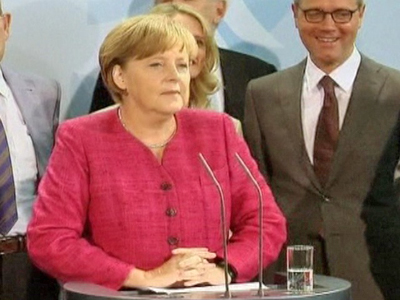 Foto: NTD
Foto: NTD



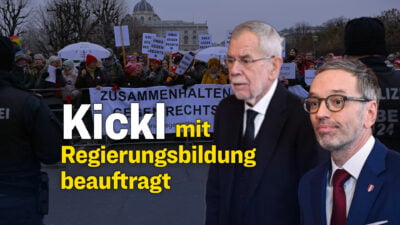





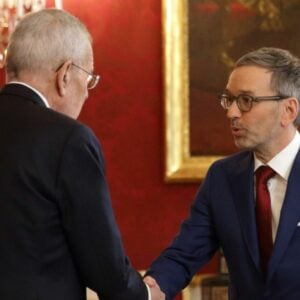





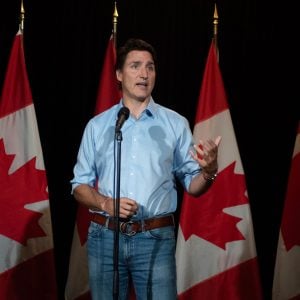
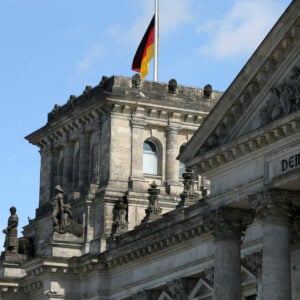


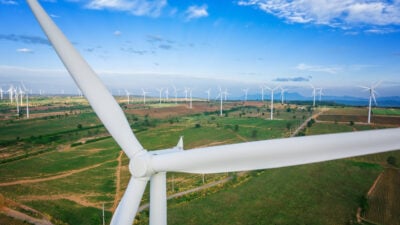

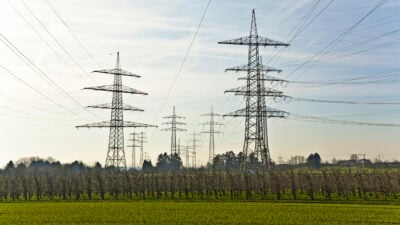
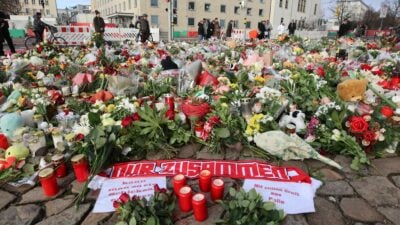


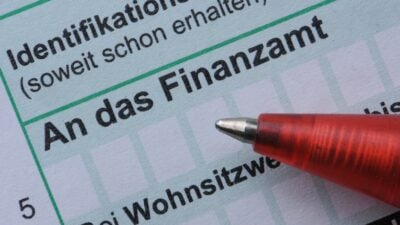

vielen Dank, dass Sie unseren Kommentar-Bereich nutzen.
Bitte verzichten Sie auf Unterstellungen, Schimpfworte, aggressive Formulierungen und Werbe-Links. Solche Kommentare werden wir nicht veröffentlichen. Dies umfasst ebenso abschweifende Kommentare, die keinen konkreten Bezug zum jeweiligen Artikel haben. Viele Kommentare waren bisher schon anregend und auf die Themen bezogen. Wir bitten Sie um eine Qualität, die den Artikeln entspricht, so haben wir alle etwas davon.
Da wir die Verantwortung für jeden veröffentlichten Kommentar tragen, geben wir Kommentare erst nach einer Prüfung frei. Je nach Aufkommen kann es deswegen zu zeitlichen Verzögerungen kommen.
Ihre Epoch Times - Redaktion